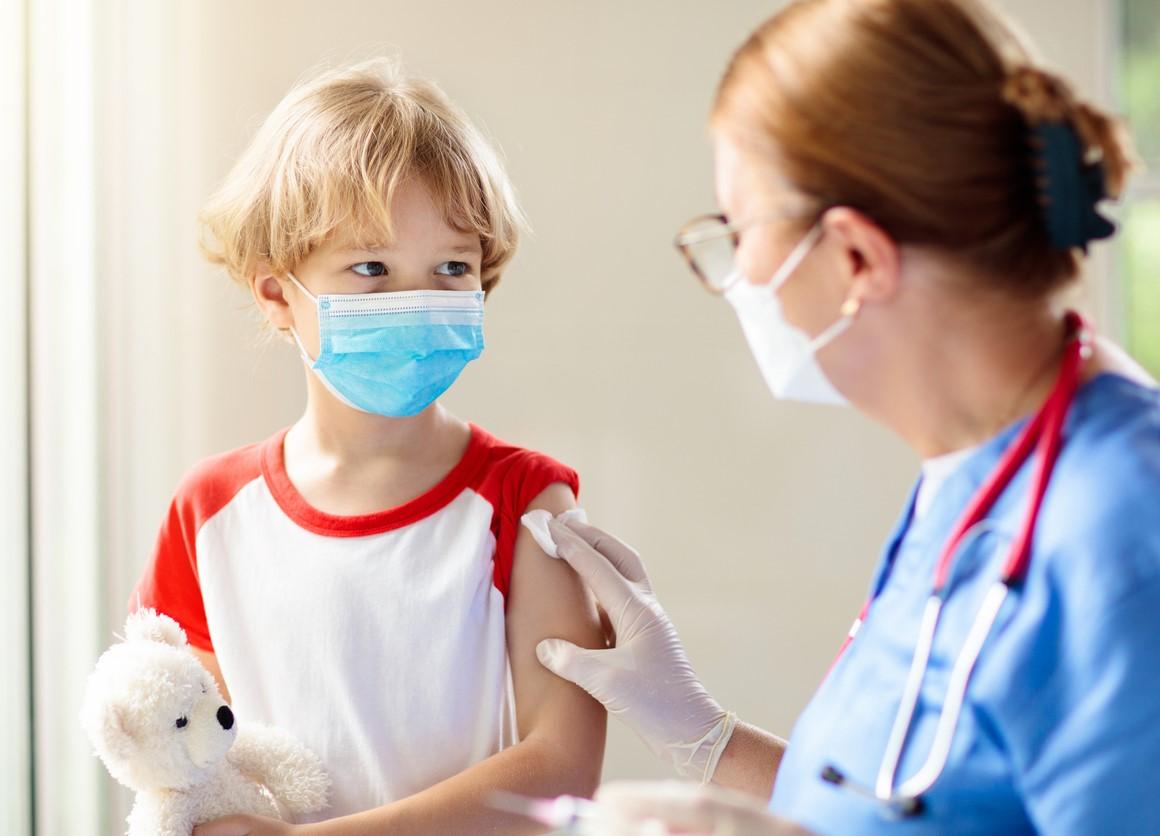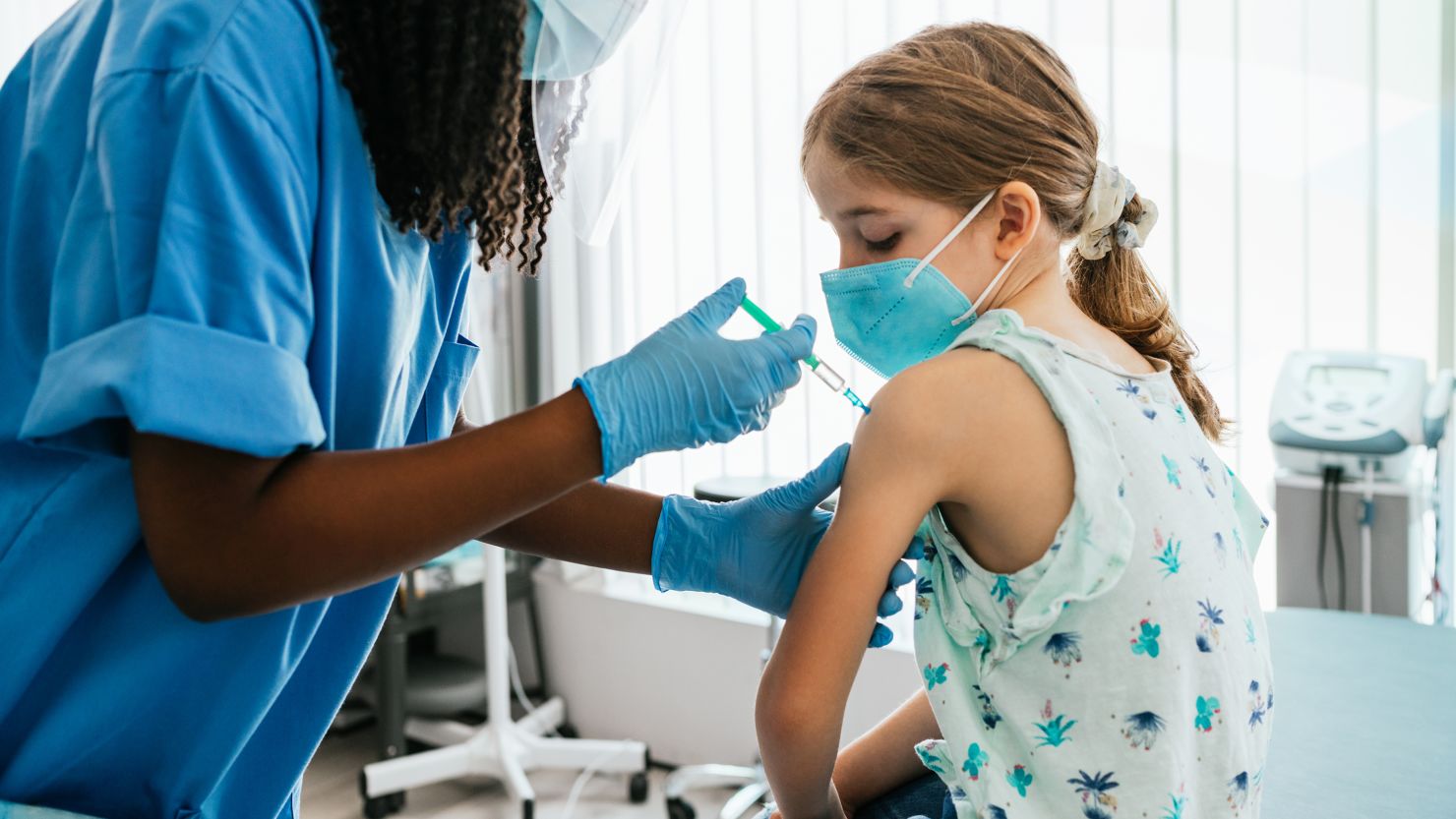It is common for parents to worry when their child develops a fever after receiving a vaccine. However, mild children fever after vaccination is a normal immune response. Vaccines work by stimulating the immune system to recognise and fight off viruses or bacteria, which can sometimes lead to mild side effects, including fever.
Post-vaccination fever in children is usually a sign that the body is building protection against the disease. Most fevers occur within 24 to 48 hours after vaccination and resolve on their own without complications. Understanding why this happens can help parents feel reassured and prepared.
Why Do Children Develop Fever After Vaccination?
When a child receives a vaccine, the immune system reacts to the weakened or inactive virus or bacteria in the shot. This reaction triggers the production of antibodies, which helps the body develop immunity. Fever is a natural part of this process, as it indicates that the immune system is actively responding to the vaccine.
Some vaccines, such as the DTaP (diphtheria, tetanus, and pertussis) and MMR (measles, mumps, and rubella) vaccines, are more likely to cause fever than others. However, these fevers are usually low-grade and temporary.
How Long Does Fever Last After Vaccination?
In most cases, children’s fever after vaccination lasts between 24 and 48 hours. For vaccines like the MMR vaccine, fever may appear later—typically 5 to 12 days after the shot. The duration and intensity of fever depends on the child’s immune response and the type of vaccine administered.
If the fever is mild (below 38.5°C or 101.3°F), it should resolve without medical intervention. However, if the fever persists beyond 48 hours, rises above 39°C (102.2°F), or is accompanied by unusual symptoms such as a rash, breathing difficulties, or extreme irritability, it is best to consult a doctor.

How to Manage Fever After Vaccination
While post-vaccine fever is generally harmless, parents can take simple steps to keep their child comfortable:
- Ensure Hydration: Fever can lead to fluid loss, so offer plenty of breast milk, formula, or water to keep your child hydrated.
- Dress Lightly: Avoid overdressing or covering your child with thick blankets, as this can trap heat and raise body temperature.
- Use Fever-Reducing Medication if Necessary: If the fever makes your child uncomfortable, a doctor may recommend paracetamol (acetaminophen) or ibuprofen, but always follow the correct dosage guidelines.
- Monitor for Other Symptoms: Mild fussiness and reduced appetite are common after vaccination, but if your child experiences severe swelling at the injection site, persistent high fever, or difficulty breathing, seek medical attention.
When to Call a Doctor
While post-vaccination fever is normal, there are times when medical advice is necessary. Parents should consult a doctor if:
- The fever is extremely high (above 39°C or 102.2°F).
- The fever lasts more than two days.
- The child has persistent vomiting, seizures, or difficulty breathing.
- The child becomes extremely lethargic or unresponsive.
These symptoms may indicate an allergic reaction or another underlying issue that requires medical attention.
Conclusion
Fever after vaccination is a normal and temporary response as the immune system builds protection against diseases. Most cases of post-vaccine children fever are mild and resolve within a couple of days. Parents can manage fever by keeping their child hydrated, dressing them comfortably, and monitoring their symptoms.
However, if the fever is unusually high or prolonged, medical consultation is advised. Vaccinations play a crucial role in protecting children from serious illnesses, and mild side effects like fever are a small trade-off for long-term immunity and health.





